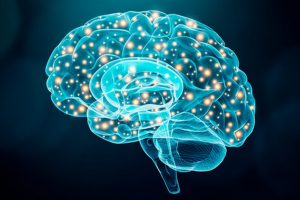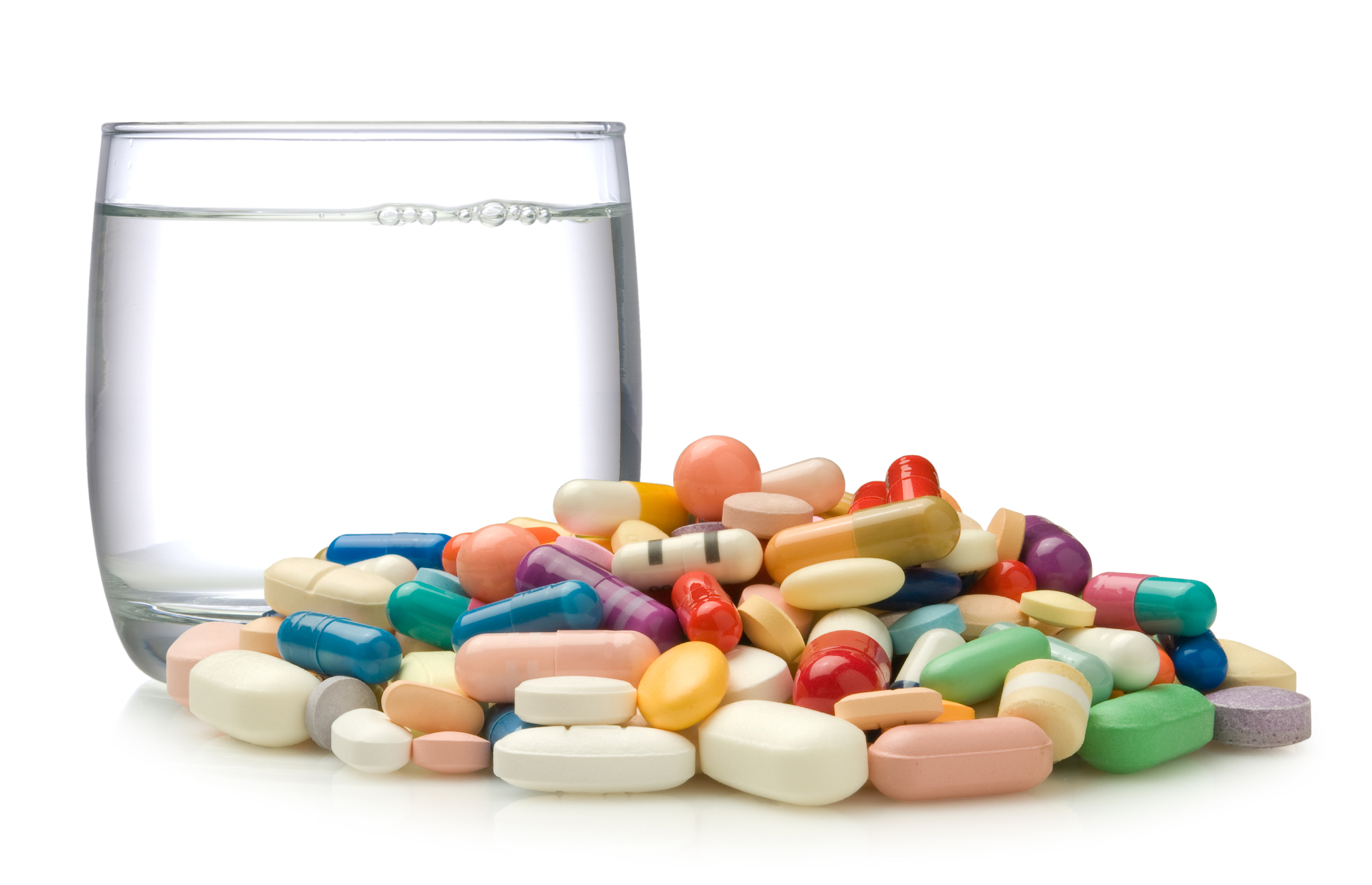All approved antidepressant medications, including SSRI's, for depression and other mood disorders focus on targeting one mechanism, either serotonin norepinephrine or dopamine. Ketamine treats mental health symptoms by targeting Glutamate, the brain’s most common excitatory chemical
messenger. Regulating the brain’s ability to process cognitive thoughts,
emotions, and neuroplasticity, glutamate promotes and strengthens
synaptic connections. It also plays a key role in how an individual
learns, remembers, and responds to experiences. Mounting evidence suggests ketamine administration produces a surge in glutamate neurotransmission in the brain, that is likely associated with the antidepressant effects" Yale School of Medicine.
Dr. John Krystal, chief psychiatrist at Yale Medicine and a leading
ketamine researcher, said ketamine is the “anti-medication” medication.
He explains that “with most medications, like valium, the anti-anxiety
effect you get only lasts when it is in your system. When the valium
goes away, you can get rebound anxiety. When you take ketamine, it
triggers reactions in your cortex that enable brain connections to
regrow. It’s the reaction to ketamine, not the presence of ketamine in
the body that constitutes the effect.”


